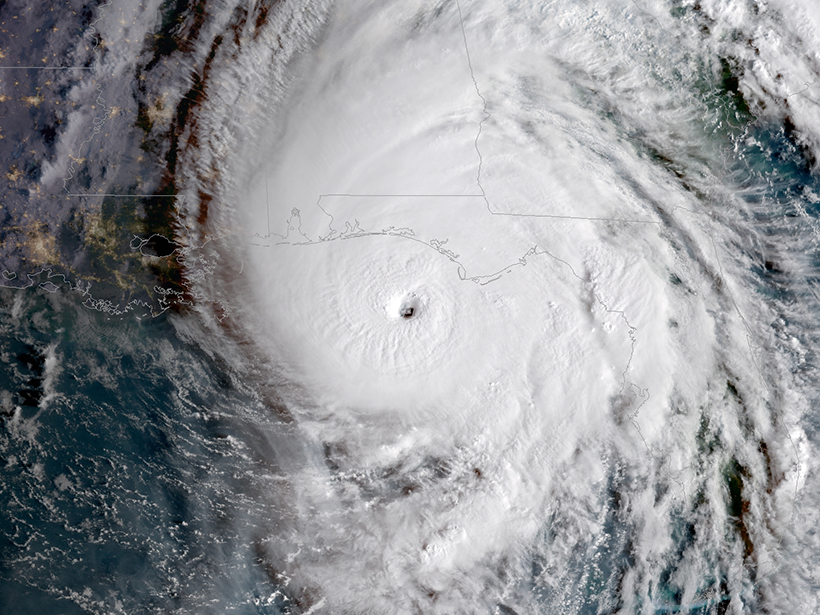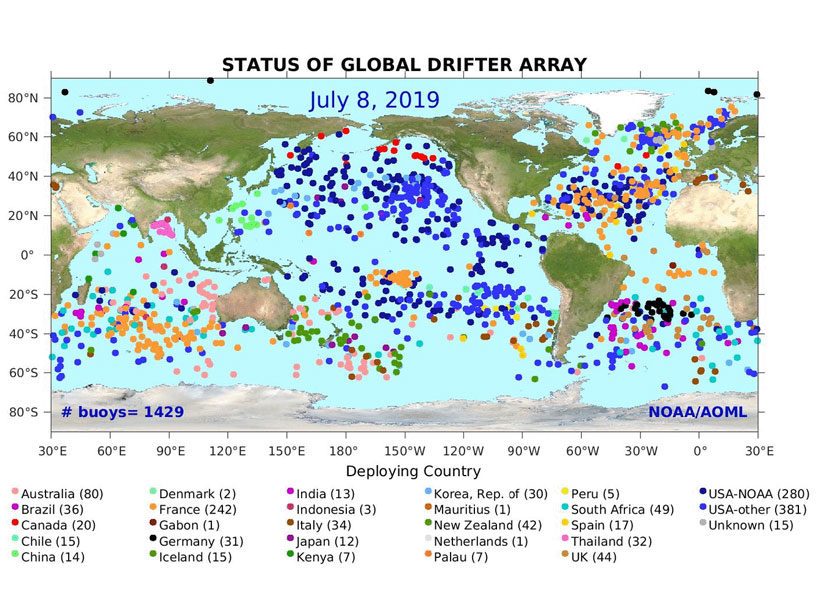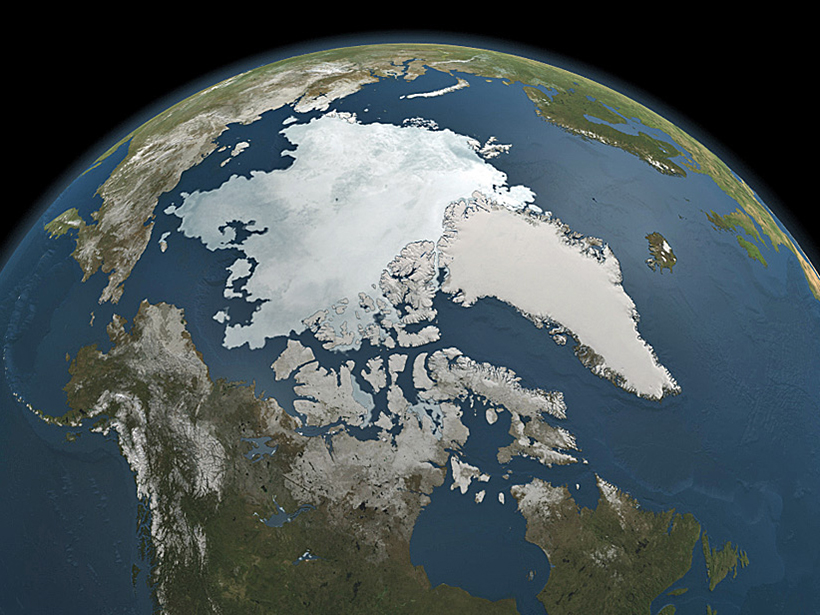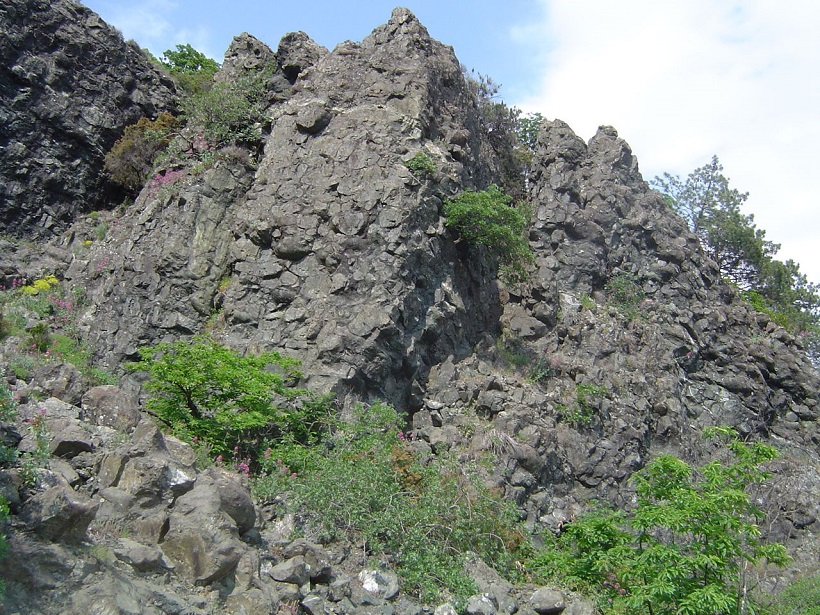Researchers use new maps and statistical techniques to infer how armed conflict influenced land cover in the understudied Caribbean region of the country.
data management
Improving Reproducibility in Earth Science Research
Earth scientists need software technology that better integrates legacy data with current and future processing capabilities so they can assess and reproduce their colleagues’ results.
Exposing Los Angeles’s Shaky Geologic Underbelly
Current calculations might underestimate the susceptibility of Los Angeles to earthquake shaking, so researchers and volunteers are deploying seismic networks near the city to remedy a data shortage.
Standardizing the Surge of Paleoclimate Data
Researchers unveil a community-wide effort to standardize terminology and reporting requirements across paleoclimate data.
Ocean Observations for Everyone
As the ocean observation community expands its research enterprise, it needs to better engage the end users of its data.
Artificial Intelligence May Be Key to Better Weather Forecasts
Recent advances in machine learning hold great potential for converting a deluge of data into weather forecasts that are fast, accurate, and detailed.
Updating a Crucial Source of Sea Surface Temperature Data
A new version of a major sea surface temperature data set reduces systematic errors in measurements of one of the most important indicators of the state of Earth’s climate system.
Updated Temperature Data Give a Sharper View of Climate Trends
The latest version of NOAA’s Global Surface Temperature Dataset improves coverage over land and sea and improves the treatment of historical changes in observational practices.
Rock On with a Group That Makes Music from Geophysical Data
Musical numbers include an Italian fault and a tour of an African greenstone belt.
Age and Speed Matter in the Formation of New Oceanic Crust
A synthesis of data from studies in different ocean basins reveals that the characteristics of oceanic crust are shaped by age and spreading rate.










